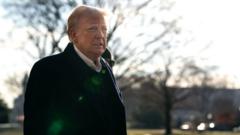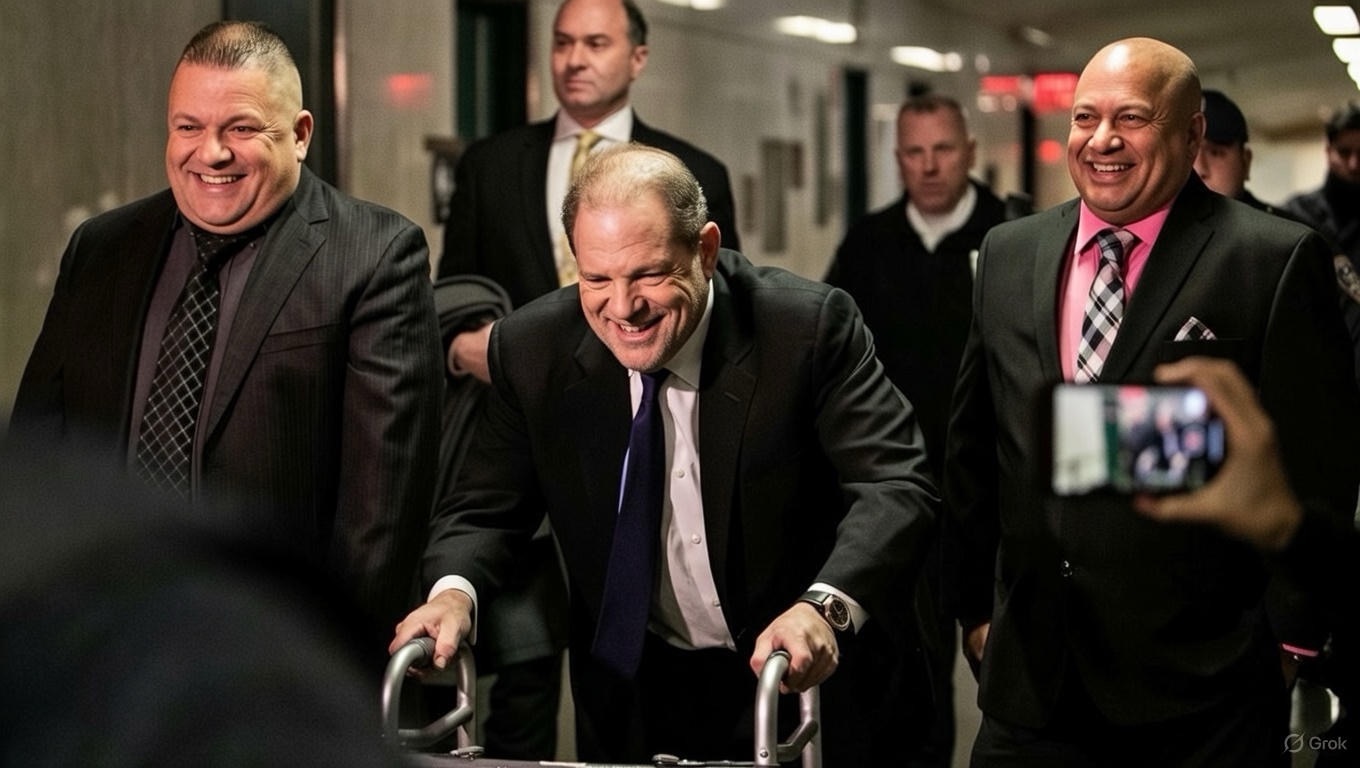The Trump administration has terminated the positions of at least a dozen federal watchdogs, igniting a fierce debate over legality and accountability in government. This controversial decision, which occurred late Friday evening, may contravene existing laws that mandate a 30-day notification period to Congress before such dismissals, leading to potential legal challenges.
Senate Minority Leader Chuck Schumer voiced severe criticisms on the Senate floor, labeling the firings a "chilling purge" aimed at suppressing accountability and transparency. Schumer's remarks illustrate widespread concern among Democrats regarding the implications of these actions on the principles of oversight ingrained in federal governance. The White House has yet to issue an official statement regarding the firings, leaving many questions unanswered about the administration's motives.
According to reports, those affected include inspectors general from various departments, notably the Department of Health and Human Services and the Small Business Administration. Recognized for their critical role following the Watergate scandal, inspectors general are tasked with providing unbiased oversight within federal agencies without being beholden to agency heads. Concern has emerged not only from Democrats but also from some Republican lawmakers, with Senator Susan Collins stating her confusion over reasons to dismiss individuals dedicated to uncovering waste and abuse within government.
Hannibal Ware, the Small Business Administration's inspector general, expressed legal doubts regarding the firing process in a letter to White House personnel officials, further complicating the situation and adding to the potential for court intervention. Suggestions that this may represent a broader "Friday night coup" against governmental transparency resonate amidst bipartisan vocalizations of concern over the decision, which many believe endangers a crucial layer of checks and balances within the federal government.
The contentious firings of inspectors general mark a pivotal point in the ongoing debate around accountability within the current administration, raising alarms over the potential erosion of nonpartisan oversight meant to guard against governmental misconduct.




















